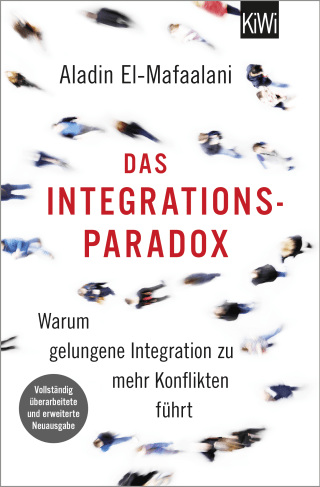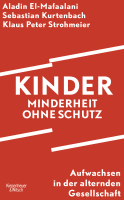Das Integrationsparadox: Warum eine offenere Gesellschaft zu mehr Konflikten führt
In »Das Integrationsparadox« analysiert Aladin El-Mafaalani das paradoxe Verhältnis zwischen einer zunehmend offenen und liberalen Gesellschaft einerseits und dem Erstarken radikaler Kräfte andererseits. Er zeigt auf, wie dieses scheinbar widersprüchliche Phänomen zu verstehen ist und welche Herausforderungen sich daraus für den gesellschaftlichen Zusammenhalt ergeben.
Die vollständig überarbeitete und erweiterte Neuausgabe des Bestsellers enthält ein aktuelles Vorwort, zusätzliche Kapitel zu den jüngsten Entwicklungen sowie zahlreiche Anmerkungen und Hinweise. Damit eignet sich das Buch hervorragend für den Einsatz in Schule und Studium.
El-Mafaalani beleuchtet Themen wie Diskriminierung, Rassismus und die Debatte um eine deutsche Leitkultur. Er geht der Frage nach, wie eine offene Gesellschaft mit Konflikten umgehen kann, die durch Migration und kulturelle Vielfalt entstehen, und plädiert für einen differenzierten Blick auf Integration und Pluralismus.





